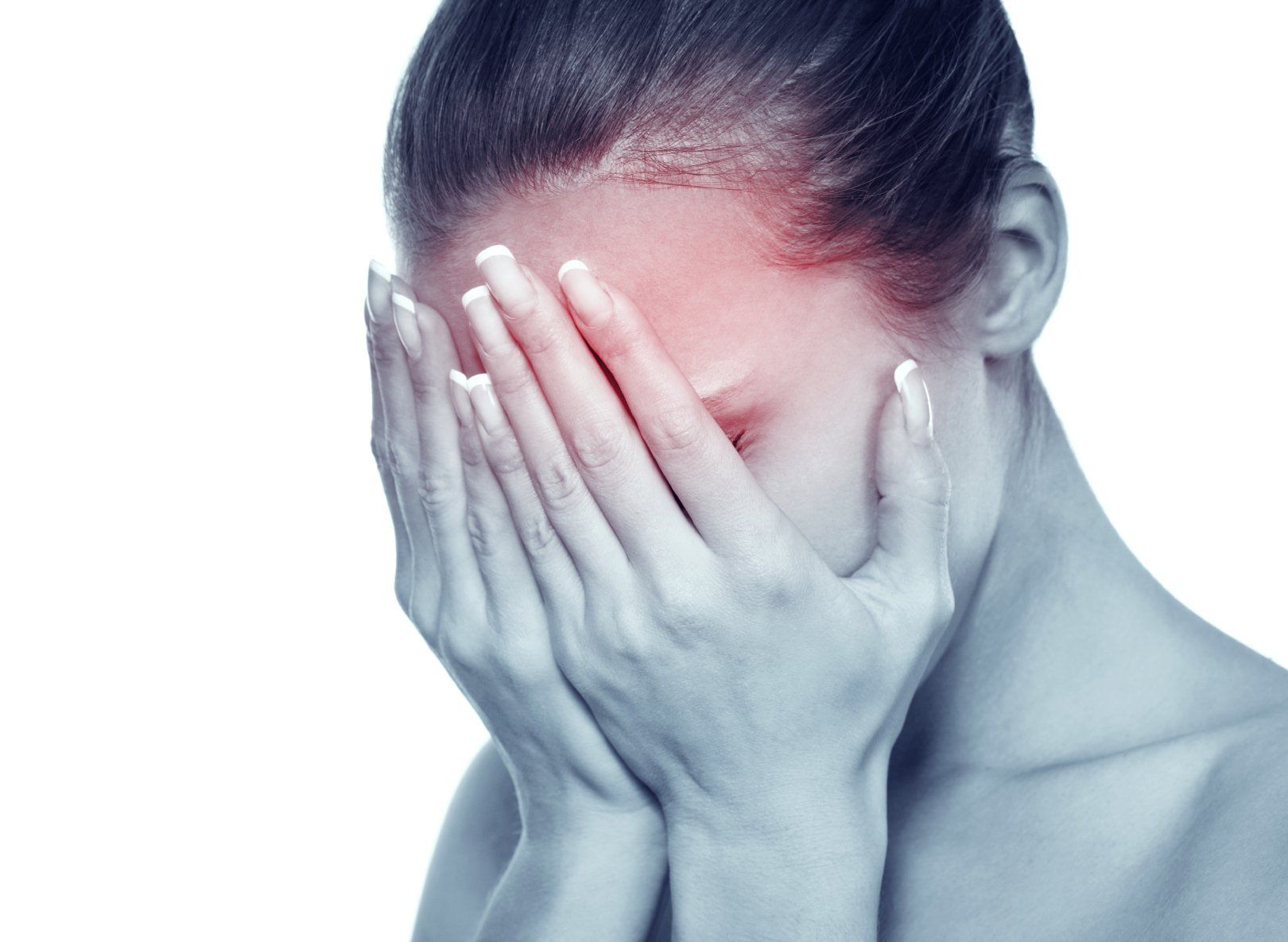We talked about the importance of sleep last month, and the physical and mental impact of not getting enough, but what happens if you just can’t fall asleep?
We’ve all been there. Either not getting off to sleep, not getting good quality sleep, or waking up every 5 minutes to check the clock because we know we have to get up for something important and don’t want to over sleep. Which results in waking up feeling less than refreshed and starting the day on a back foot with hours of work to endure before you can sink back gracefully into the land of nod!.
According to the London Sleep Centre (www.londonsleepcentre.com), insomnia is an experience of inadequate or poor quality sleep characterised by one or more of the following:
- Difficulty falling asleep
- Difficulty maintaining sleep
- Waking up too early in the morning (though we wonder how this affects shift workers)
- Non-refreshing sleep.
Blimey… that sounds awfully familiar to most of us doesn’t it? But for insomnia to be considered to be a disorder, it must be associated with daytime consequences such as:
- Tiredness
- Lack of energy
- Difficulty concentrating
- Irritability
Erm… huh! That sounds like it applies to every person who has ever worked at sea in any role at all!
About 30-40% of adults report a degree of insomnia, it’s more common in women and the likelihood increases with age. But, looking at the symptoms listed, how many of us regularly suffer the effects of insomnia and don’t even realise it?
There are a number of different types of insomnia and of these, Acute Insomnia is the most common. It’s diagnosed by periods of difficulty sleeping that last between one night and a few weeks. It’s often caused by emotional or physical discomfort such as significant life stress, environmental disturbance such as light, noise and temperature, and sleeping at times inconsistent with daily biological rhythm, such as working shifts and jet lag.
Primary insomnia can be diagnosed when difficulty in sleeping remains after other causes of insomnia are ruled out. Factors include chronic stress, hyper-arousal, poor sleep hygiene and behavioural conditioning.
Chronic insomnia is a stage further and is when you experience difficulty sleeping for at least 3 nights a week for one month or more. It can be caused by many different factors, either in isolation, or combination and while sleep disturbance can be the main complaint, it often occurs in conjunction with other health problems.
Insomnia can be associated with psychiatric, medical and neurological disorders. Mood disorders and anxiety are the most common, but pain, immobility, difficulty breathing, dementia and hormonal changes (pregnancy, menopause) can affect our ability to sleep. Some medical disorders worsen at night and/or when lying down such as asthma or reflux.
Some prescription medications, and substance abuse can cause increased wakefulness and poor quality sleep but the link to insomnia is unpredictable. Sleep disorders such as Restless Leg Syndrome and Periodic Limb Movement Disorder plus sleep apnoea can also cause insomnia.
So, what can you do to help avoid insomnia, or to stop difficulty sleeping turning into a chronic condition? Here are 10 tips to help get a good nights sleep…
- Have a regular bedtime and wake up schedule and stick to it. Try to go to bed and get up about the same time each day.
- Make sure the time you set for bedtime is a time you feel sleepy. Don’t go to bed too soon or you may have trouble falling asleep or have restless sleep.
- Avoid napping! Napping can disrupt normal sleep cycles, so try skipping a nap and see if your sleep cycles improve.
- If possible, make your bedroom a ‘quiet’ room. Only use your bedroom for sleeping or quiet reading. Try not to watch TV there.
- Develop relaxing before-bed routines. Take a bath or shower, a warm milky drink (no caffeine) and some light reading.
- Work on relaxation techniques. Learn yoga, deep breathing, meditation, mindfulness or listen to soft music while trying to fall asleep.
- Avoid troubling news right before bed. Violence in the news or on TV can weigh on your mind and make it difficult to sleep. Try to avoid sources of news, including social media before sleeping. Read a book instead.
- Avoid stimulants or drinks that contain caffeine (tea, coffee, cola, etc) for 6 hours before trying to sleep.
- Stay away from alcohol or tobacco products close to bedtime. They may seem to calm you when you use them, but they can disrupt your sleep.
- Exercise regularly. Activity helps keep the body and mind active but avoid vigorous exercise right before bed.
Of course it could be difficult to put some of these tips into place at sea, but even a couple of changes could make the world of difference. Sweet dreams…



























